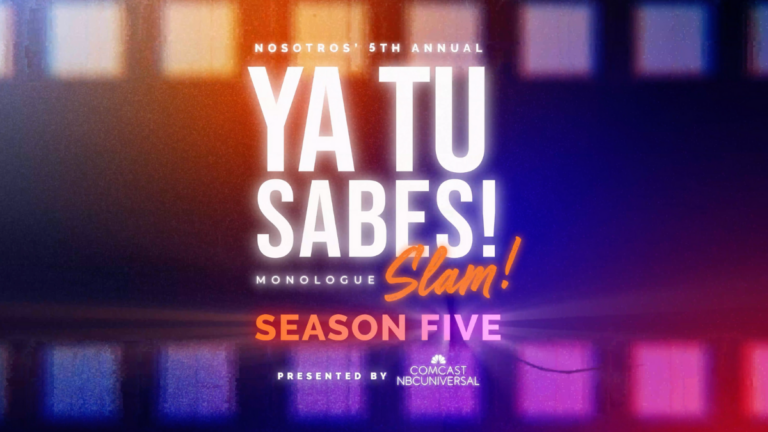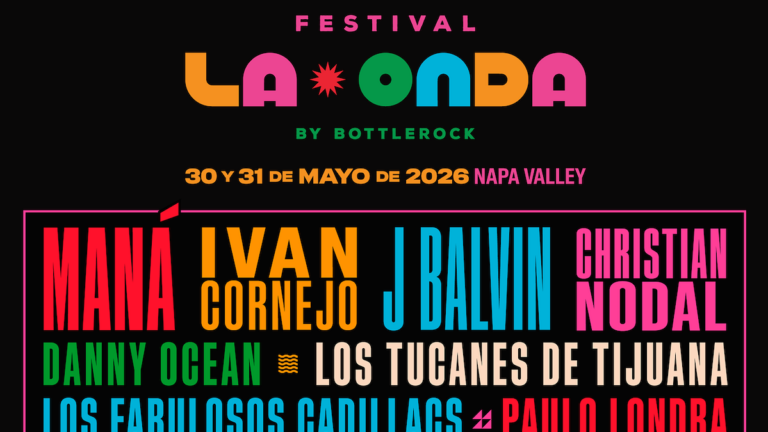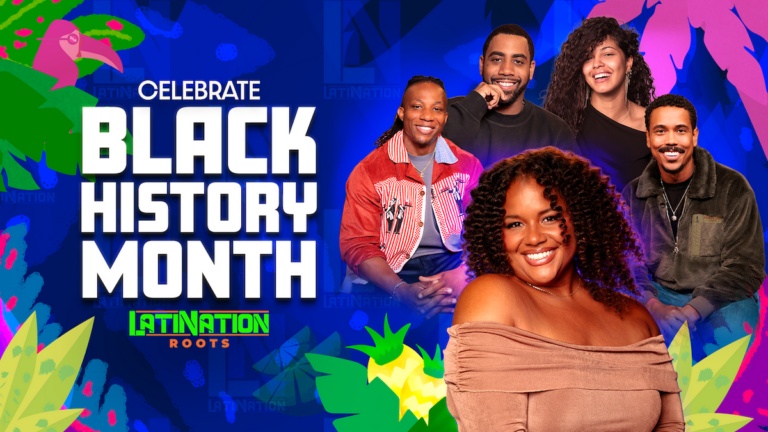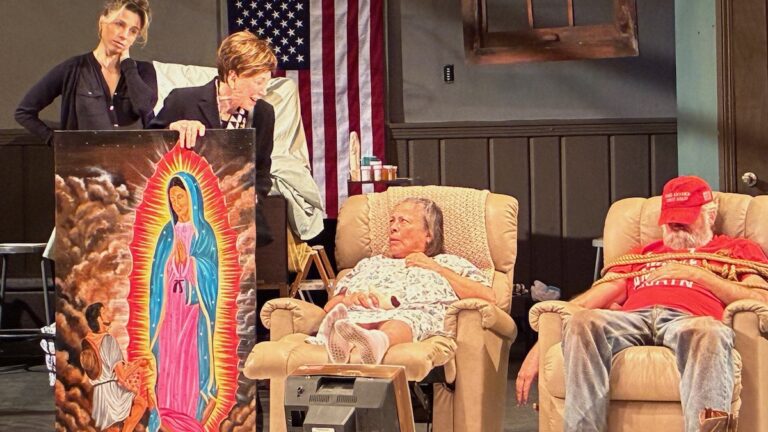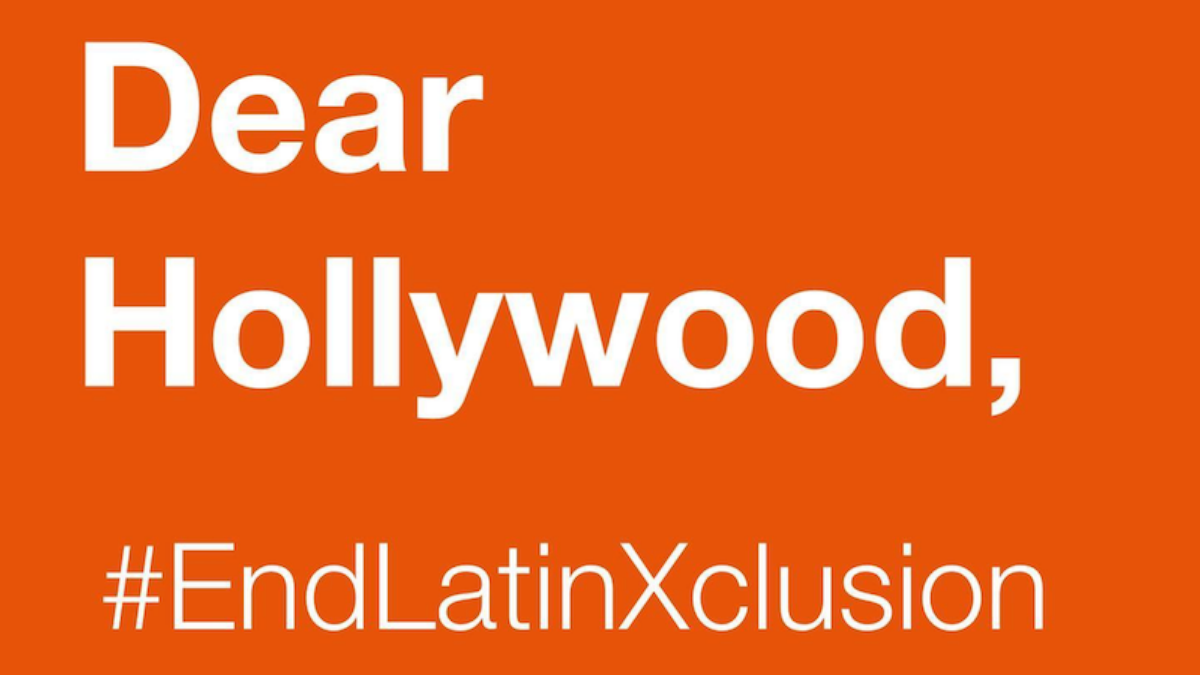
The Re-Browning of America. Is It Something We Said?
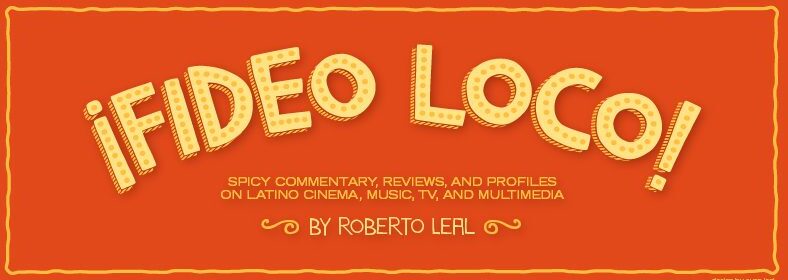
William Frey’s seminal work on the changing future demographics of the United States, The Browning of America has it all right, except for the title. The book should be titled, The Re-Browning of America.
How soon we forget. The pre-Columbian Americas from Canada down to Patagonia were flush with brown people long before the first seasick pasty white Pilgrim set foot on Plymouth Rock.
Frey predicts by 2030 most of the West Coast, the Southwest, the Deep South, and some East Coast states will become minority-majority states with Latinos of all fifty shades of brown, accents, music and food making up a huge percentage of the population in those areas.
California is already a minority-majority state. So we can assume that Los Angeles with its massive Chicano community and the home of Latino Hollywood is the place where diversity and inclusivity are a slam dunk in film and TV, right? Well not so fast Speedy (insert your favorite Spanish surname).
Fear and Loathing in LA
“They’re singing songs of diversity, but not for me” is a tune many in Latino Hollywood find themselves singing these days. And in the face of so many reported gains in diversity and inclusion for women and other minorities for opportunities in front of and behind the camera, the question has to be asked why Latinos haven’t benefitted from these improvements?
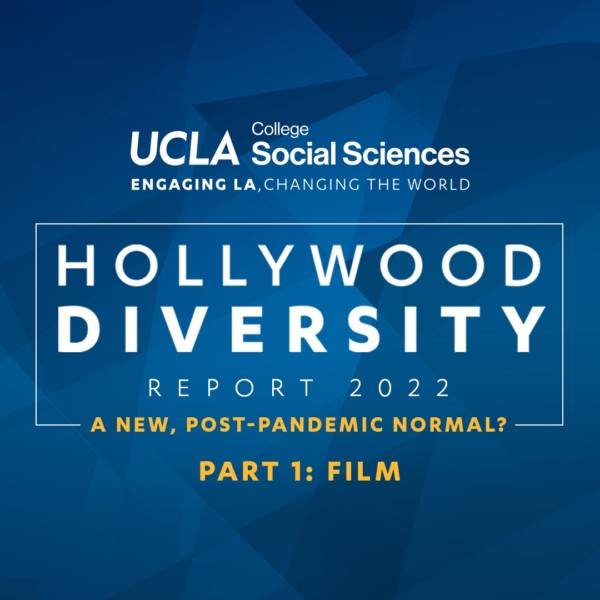
An article about the recent WarnerMedia Discovery merger in a Latin Heat article, cited the public criticism by several Latino advocacy groups for inviting minority groups to their corporate board table. Rather the message to the Latino entertainment community was not to bother attending, but that they were more than welcome to come and bus the tables.
A similar UCLA study showed that even though Latinos make up almost 19 percent of the US population, they only have a 7 percent representation in film and TV. Why such a wide gap in the disparity of representation in comparison to women and other minorities? Could it be fear?
The City of Los Angeles and the Latino community have had a troubled relationship ever since the city became part of the United States. The Anglo incursion into the city resulted in Latinos moving into barrios where they increasingly became objects of scorn and suspicion. The Zoot Suit Riots of 1943 only underscored the image of the Latino as a criminal to be feared.
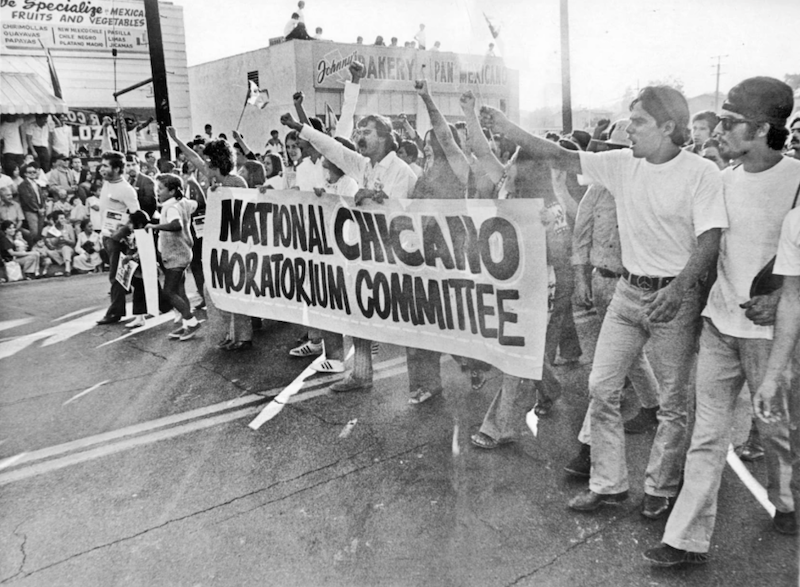
The Chicano Movement of the ‘60’s was a wake-up call to the “establishment” that we were unified by an identity of pride and were now a force to be reckoned with. And now there is enough star power in the Latino entertainment galaxy with countless brilliantly talented producers, directors, writers, actors, musicians, cinematographers and craft technicians to light up a whole city. A city like LA. Could it be there are leftover vestiges of that old Latino dread that still linger in the big studio boardrooms and they feel threatened of losing their power in the oncoming, unstoppable cultural tsunami of The Browning of Hollywood?
What Do We Need?
In 2020, over 270 Latino writers and showrunners wrote the “Dear Hollywood” open letter demanding action on inclusivity. The letter’s signatories included such luminaries as Gloria Calderón-Kellett (One Day at a Time), Lin-Manuel Miranda (Encanto) Steven Canals (Pose), Tanaya Saracho (Vida), and John Leguizamo. In the letter, the group lays out a list of five points of action they deem necessary for change:
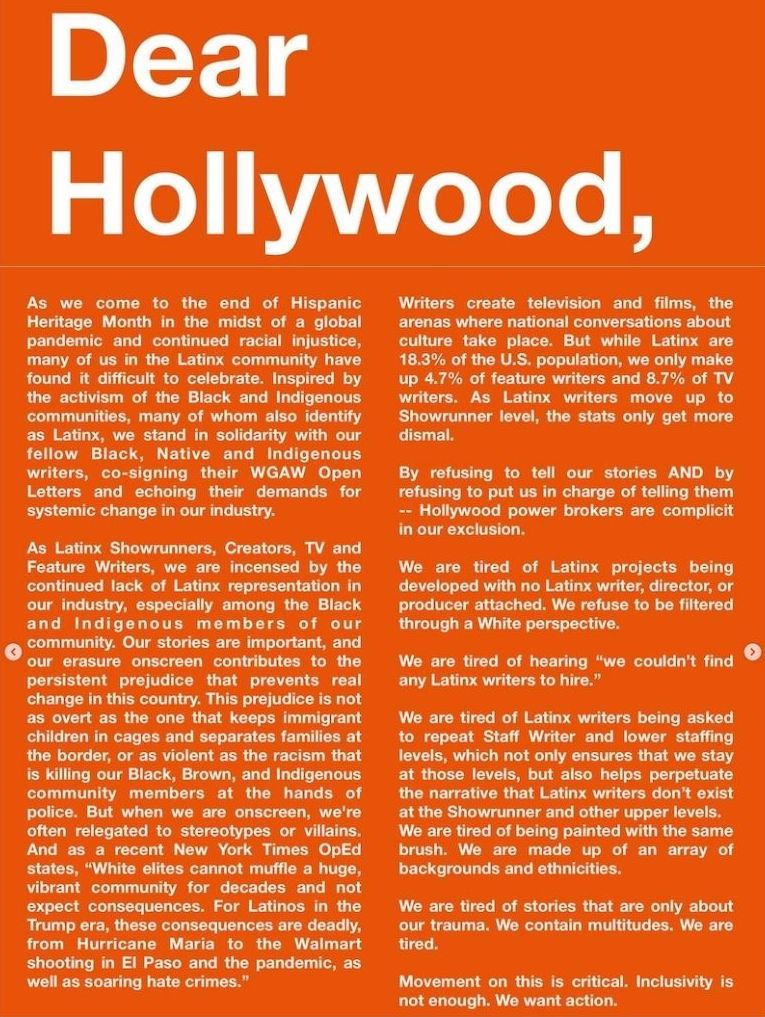
- Hire Latino writers to tell Latino stories
- Greenlight more projects from Latino creators
- Represent all aspects of Latino life and culture
- Do away with writers repeating low-level positions
- Hire Latino writers for projects about other groups.
That was two years ago and from all indications as the song says: “The beat goes on.” So, what do we need to make things change? When will Othello be played by Edward James Olmos rather than James Earl Jones? When will the next reboot of Cheaper by the Dozen be about a blended Mexican-American family of 12. Mom is a retired Air force helicopter pilot who is now running for political office. Dad is a doctor who runs a free clinic in their small Texas border town. The kids divide their time volunteering for Mom and helping out Dad at the clinic.
Who’s going to greenlight these projects from Latino creators?
Bel Hernandez, publisher of the influential trade journal, Latin Heat Entertainment, has been tracking Latino Hollywood since 1992. They don’t call Bel the Godmother of Latino Hollywood for nothing. “In my opinion having Latino showrunners is essential,” she said. “But what we also need is studios and networks executives to greenlight our projects.” Adding, “And just as important, we need Latinos with deep pockets to invest in our stories like the African American community has done in theirs.”
Impatiently Waiting at the Railway Station
Latino Hollywood has been sitting in the railway station holding a ticket for its inevitable inclusive destination long enough. That diversity train should have already arrived a long time ago. Well, the damn trains never run-on time, do they? But it won’t be long before we hear the roaring down the tracks of a fast-approaching train.
